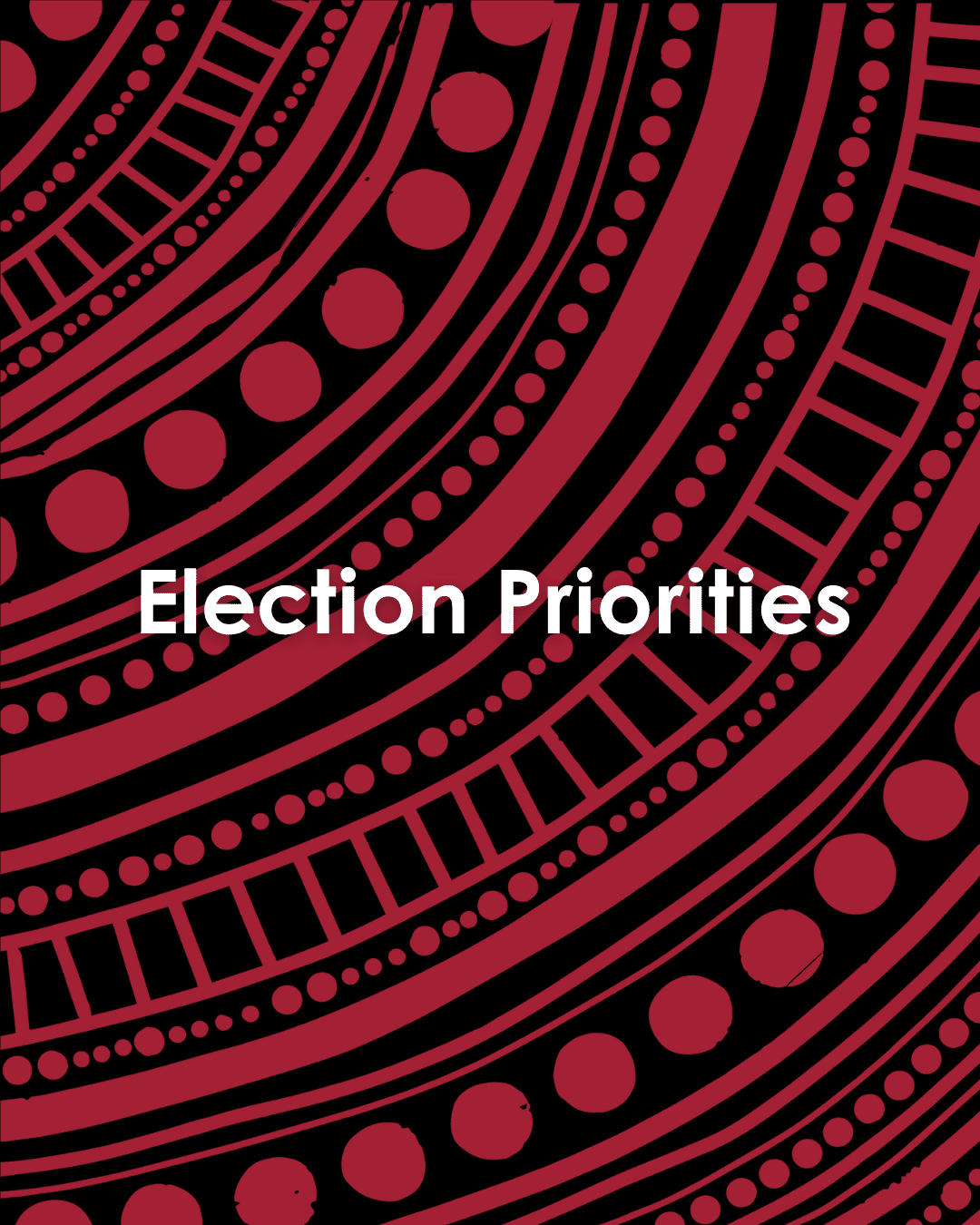Lowitja Institute urges government commitment to working in genuine partnership for Closing the Gap

Lowitja Institute calls on the incoming Australian Government to prioritise health equity and take action to ensure better outcomes for Aboriginal and Torres Strait Islander peoples.
Lowitja Institute CEO, Paul Stewart, spoke to the progress needed.
‘Closing the gap requires an equitable approach to healthcare access. Aboriginal and Torres Strait Islander peoples deserve the opportunity to achieve health and wellbeing outcomes equal to those of non-Indigenous Australians,’ Mr Stewart said.
‘While we have seen progress, recent data from the Closing the Gap report shows that only five of the 19 targets are on track to be met, and some are getting worse.’
Lowitja Institute outlines six key priorities to improve health outcomes, advocating for continued investment in and support for the expertise, knowledges, and solutions held by Aboriginal and Torres Strait Islander peoples to address systemic barriers and challenges.
‘This Federal Election provides an opportunity for our elected Australian Government to come to the table and uphold their commitments to the National Agreement on Closing the Gap, signed in July 2020.
‘To make progress towards achieving targets set out in the National Agreement, we need to see continued commitment and investment from all governments to deliver Aboriginal and Torres Strait Islander-led initiatives and research,’ Mr Stewart said.
‘We know that research led by us and for us leads to effective outcomes.’
Lowitja Institute urges all Australian governments to fulfil their commitment to the National Agreement on Closing the Gap, and implement recommendations in the Close the Gap Campaign Report 2025. Key among these is a call to implement the four Priority Reforms in all jurisdictions, which would include addressing recommendations of the Productivity Commission’s 2024 Closing the Gap review.
‘Our national leaders must commit to working in genuine partnership with Aboriginal and Torres Strait islander peoples and embed accountability mechanisms to ensure government upholds commitments to progressing Aboriginal and Torres Strait Islander health and wellbeing,’ Mr Stewart said.
‘There needs to be increased accountability and consistency of approach from government departments and agencies if we want to see the targets set out in the National Agreement achieved by 2030.
‘Lack of consistency and a business-as-usual approach from government and agencies in supporting Aboriginal-led solutions is slowing progress towards closing the gap.’
The recent Productivity Commission Review on the National Agreement on Closing the Gap 2024 found that Aboriginal and Torres Strait Islander community controlled organisations (ACCOs) achieve better results for Aboriginal and Torres Strait Islander peoples; yet current government practices do not reflect the value of the ACCO sector.
Lowitja Institute says greater support is needed for ACCOs, urging the incoming government to commit to long-term funding and support for Aboriginal models of care and service delivery.
‘Our community controlled organisations achieve better results for their communities. They know their communities and the unique challenges they face when trying to access services and supports.
‘We need stronger commitment to long-term funding for our ACCOs so we can continue to deliver models of healthcare and services our communities need, and we know work.
‘There also needs to be more investment in evidence-based solutions, and that starts with Indigenous-led research, by community, for community.
‘First Nations research is paramount to tackling some of the complex challenges Australia is currently facing – including climate change, health outcomes, and discrimination – which don’t solely impact Aboriginal and Torres Strait Islander peoples,’ Mr Stewart said.
See Lowitja Institute’s Federal Election Priorities

